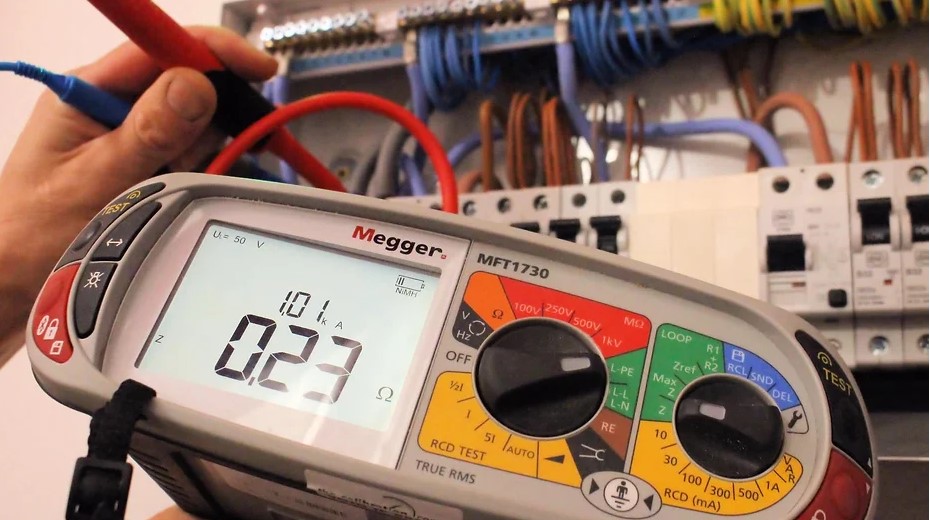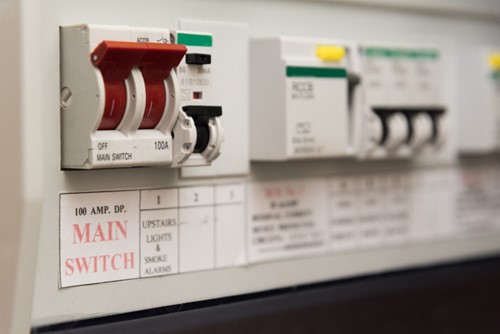Static Caravan Electric Test
All electrical wiring and appliances need to be safe. Regardless of if the caravan is let out, or not, our advice is to have a static caravan holiday home electrical test for peace of mind. In addition, park rules and caravan insurance policies normally stipulate an electrical test is required.
Although not a legal requirement, adhering to BS7671 (The IET Wiring Regulations) is a recognised way of showing compliance with the Electricity at Work Regulations 1989 and The Health & Safety at Work Act 1974.
BS7671 states caravans should have a periodic electrical inspection at least every 3 years. The inspection is known as a ‘Electrical Inspection Condition Report‘ (EICR).
The EICR report will result in a ‘satisfactory’ or ‘unsatisfactory’ certificate for the caravan’s electrical wiring.
The electrical inspector will mark the inspection as ‘satisfactory’ if there are no C1, C2 or FI defects present. These can often be rectified by the inspector at the time of the test. If the defects are not rectifiable by the inspector, or need more time to complete then the caravan owner will be left with an ‘unsatisfactory’ report until the remedial work has been completed.
Our static caravan electrical test forms are the simplest way to show your caravan electrics have been tested and are in a satisfactory and safe condition.
The hook-up box a static caravan is connected to (plugged into with a ‘commando’ socket) should also be tested every 3yrs in line with BS7671. This is a separate test and is the responsibility of the park operator. If a caravan gets an ‘unsatisfactory’ static caravan electrical test certificate because of a fault with the park’s hook-up box or earthing arrangements, then this should be reported to, and fixed by the park operator.
Frequency of Static Caravan Electrical Test
A static caravan EICR must be done as a minimum every 3yrs, the electrical inspector may recommend a shorter frequency if they have good reason to do so.

What is Included on a Static Caravan Electrical Inspection?
Using our static caravan electrical test forms The electrical inspector will check for:
- Damage or wear and tear that could cause accidents and injuries
- The type of electrical components installed and their overall efficiency
- Electrical installations and components that do not comply with the current IET Wiring Regulations
- Earthing and bonding conditions
- The adequacy of the installations for the intended purpose
- Any changes to the caravan and its structure that may affect the electrical system
- Recommendations on how to improve the current electrical condition
Electrical Appliances
Electrical appliances (those with a plug on the end) are delt with using a PAT test and are not part of the static caravan electrical test (EICR).
Electrical Inspectors
The inspector completing the EICR must be competent to do so, the easiest way to ensure this is by checking they are a member of a competent person’s scheme such as:
- BESCA
- Blue Flame Certification
- NICEIC
- ELECSA
- NAPIT
- OFTEC
The schemes above are for building regulations which do not apply to static caravans so an inspector could also prove competence by other means, we would recommend if they are not a member of a competent persons scheme they show certification to the latest edition of the IET witing regulations BS7671 (known as the ’18th Edition’) as well as an electrical ‘inspect and test’ qualification.

